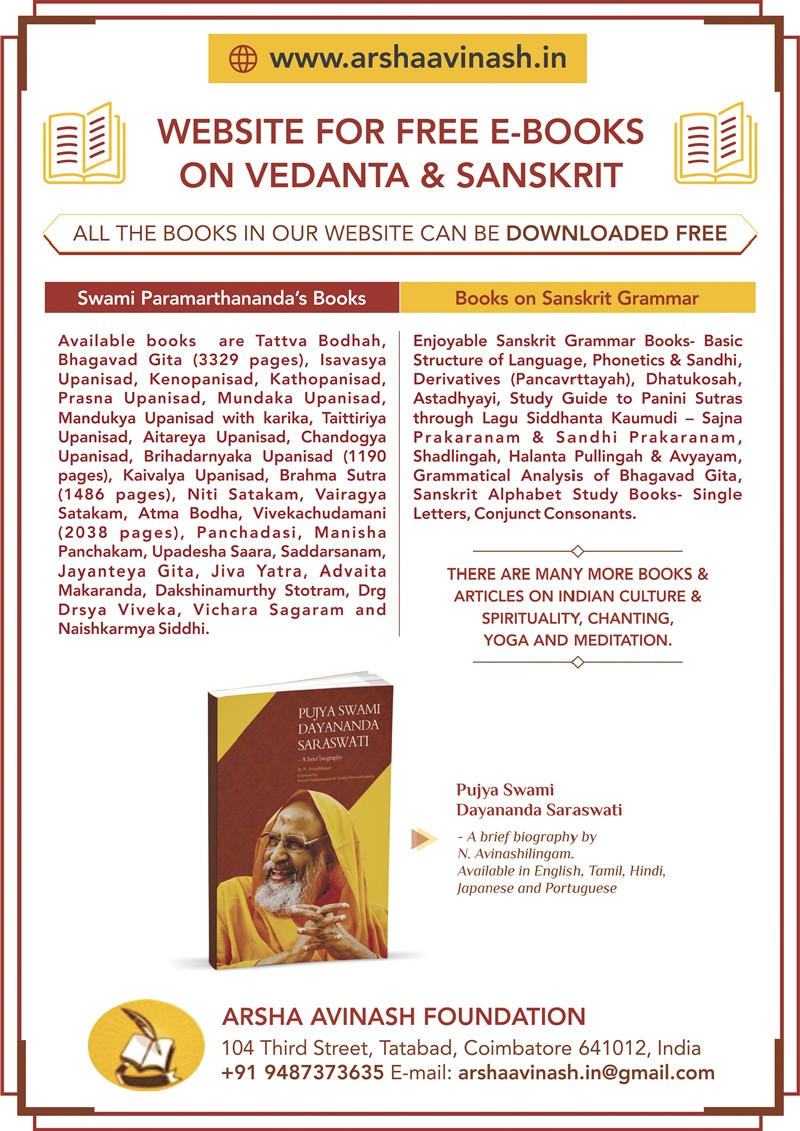Q: Can you explain why Osho says that Brahman is behind all worldly activities and I am that Brahman, meaning ‘I am the doer’?
This means that the thief, the man who is blinded by lust, the greedy person who is sitting on a pile of money like a snake – all this worldly activity arises from Brahman. If I am this brahman, then I am the one who is stealing through the thief, I am the greed in the greedy person and the lust in the lecher!
Yet religious people say: “You are a thief, you will go to hell” They don’t realize that they are sending themselves to hell!
Can you explain how Advaita can say that ‘I am not the doer ego’, while Osho says if I am brahman then I am the doer?
A: Osho is not a reliable source of teaching according to Advaita. I have read a few of his books and was most impressed by his breadth of knowledge. But his sources are many and he does not always differentiate. There are several non-dual teachings and any may take you to the final understanding. But my own knowledge is now strictly oriented towards traditional Advaita (Gaudapada-Ṥaṅkara-Sureshvara).
Continue reading

